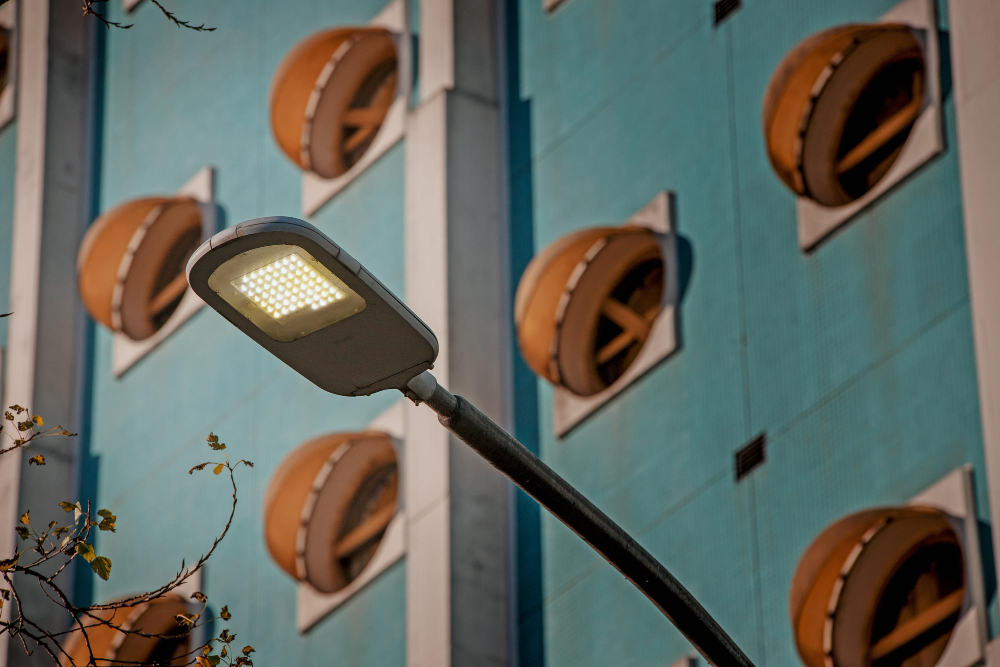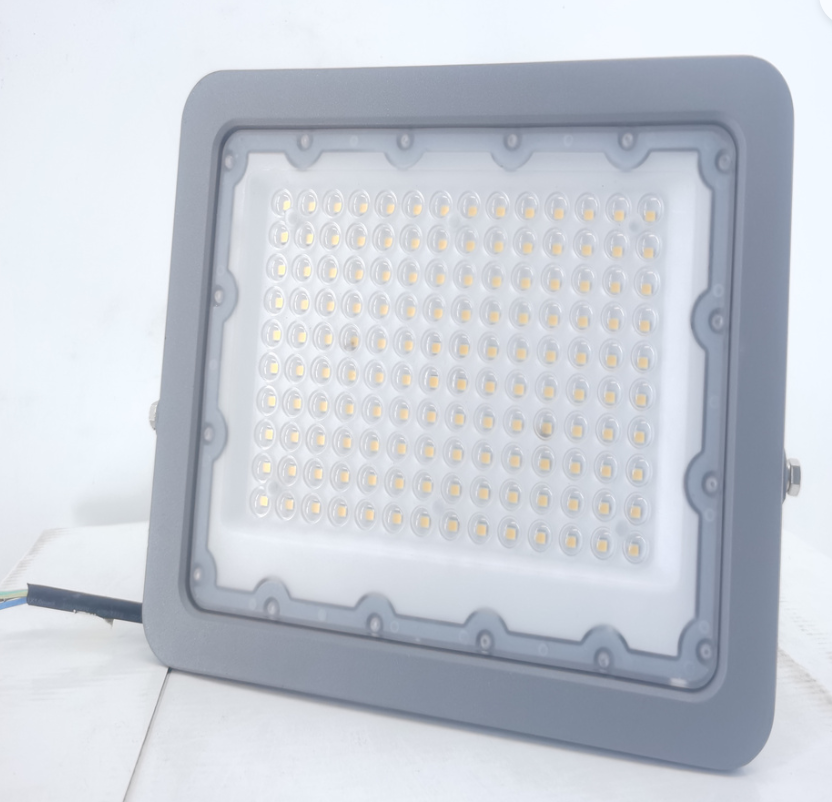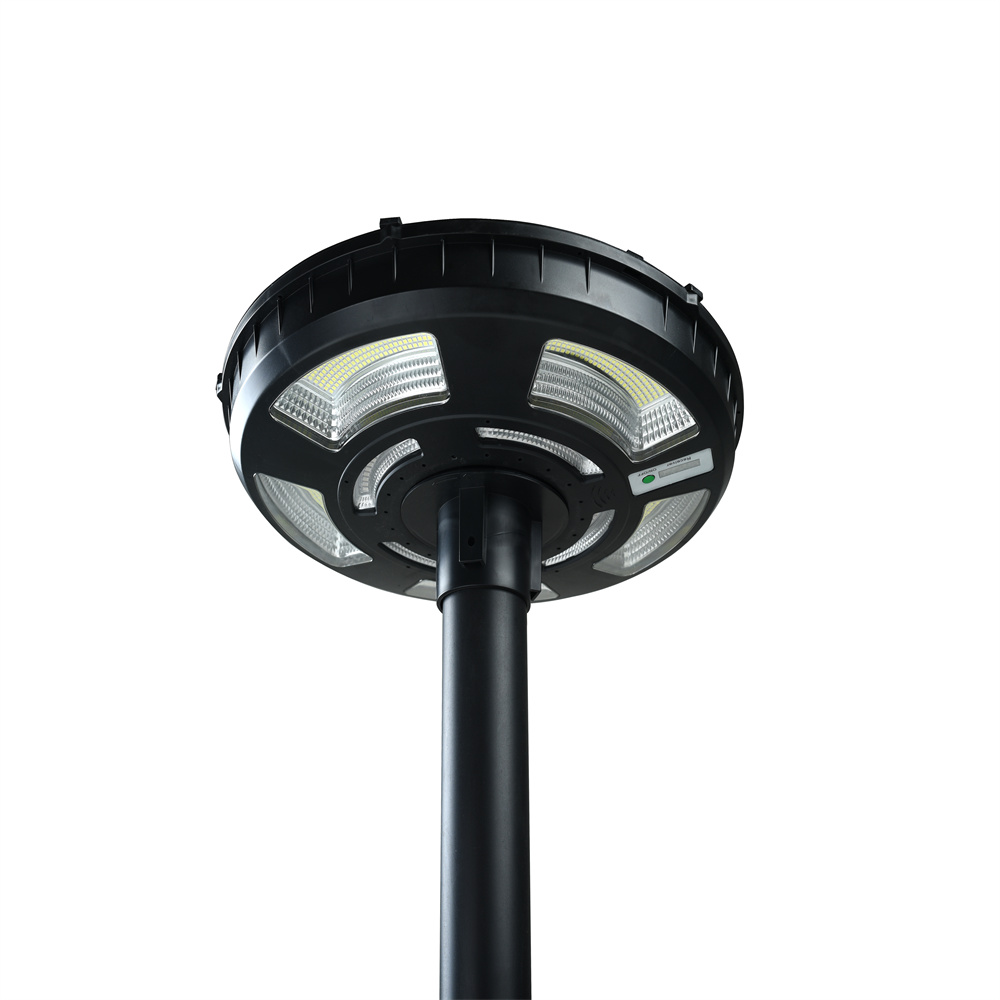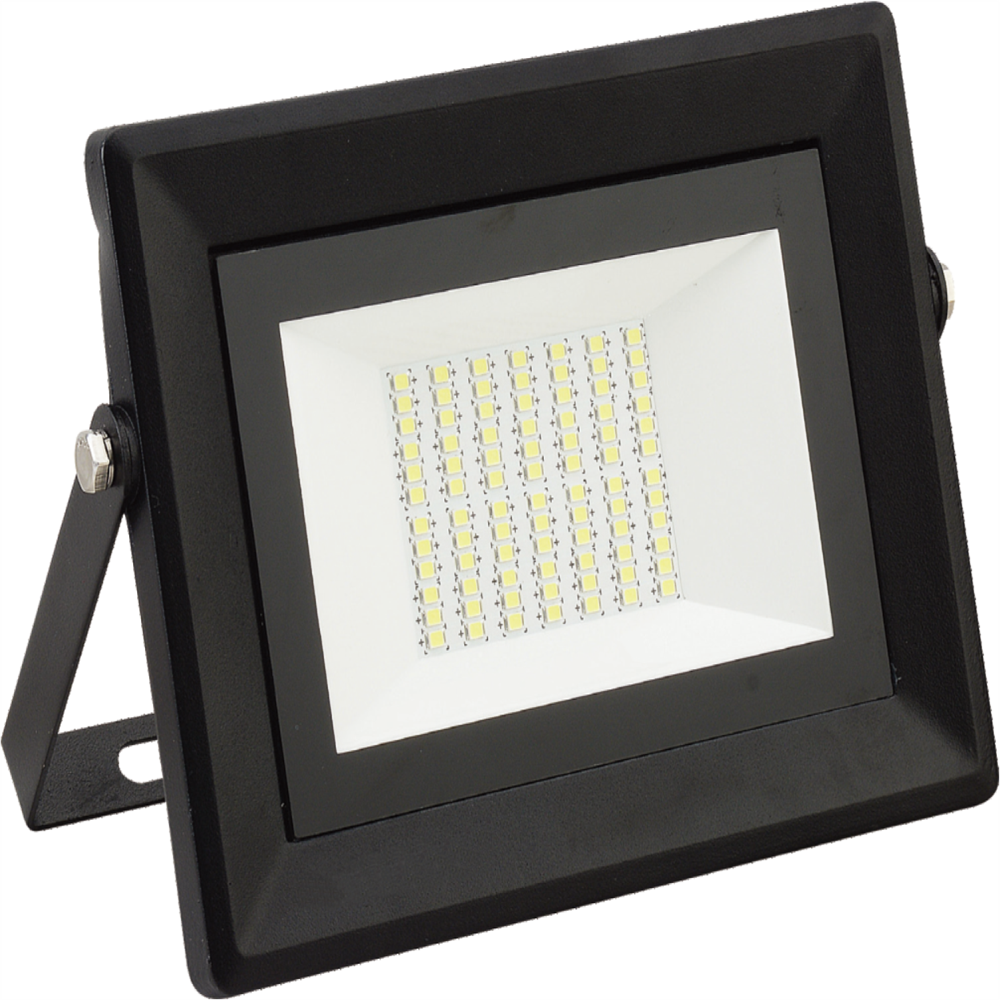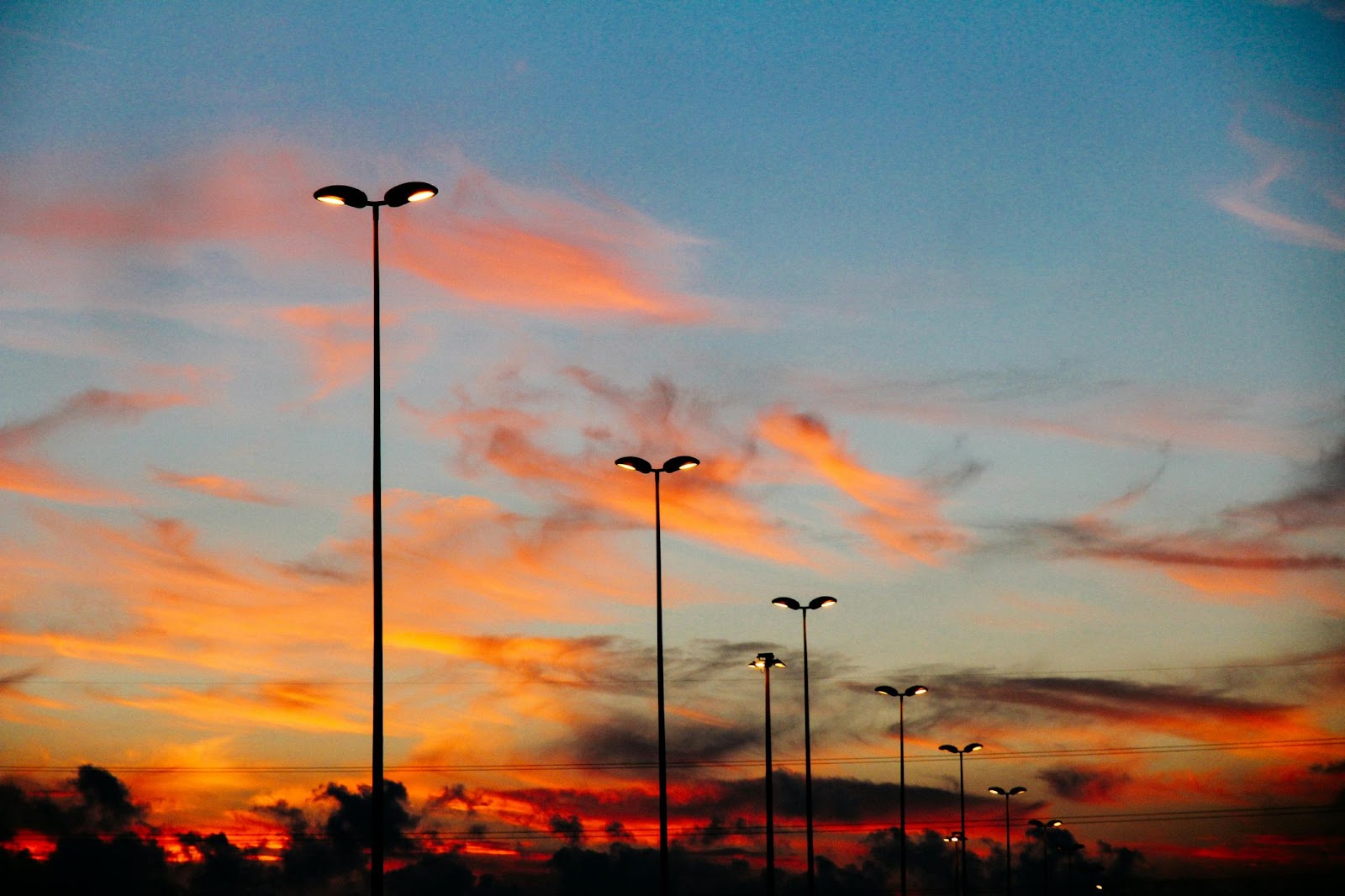LED solar lights have become a popular and eco-friendly choice for outdoor lighting, offering a sustainable and cost-effective alternative. However, like any technology, solar lights may encounter issues that affect their performance. This guide will explore common problems such as flickering solar lights, non-functional solar bulbs, and other concerns, providing tips and tricks for effective […]
LED solar lights have become a popular and eco-friendly choice for outdoor lighting, offering a sustainable and cost-effective alternative. However, like any technology, solar lights may encounter issues that affect their performance. This guide will explore common problems such as flickering solar lights, non-functional solar bulbs, and other concerns, providing tips and tricks for effective troubleshooting.
Flickering Solar Lights:
1. Check for Obstructions:
Flickering solar lights may be caused by obstructions on the solar panel. Ensure that there is no dirt, leaves, or other debris blocking the panel, as this can affect the light’s ability to charge and operate properly.
2. Inspect the Batteries:
Flickering lights could indicate low battery power. Examine the rechargeable batteries in the solar system light fixture and replace them if needed. Ensure the batteries are correctly installed, and they are of the recommended type and capacity.
3. Assess Sunlight Exposure:
Inadequate sunlight exposure can lead to flickering lights. Ensure that the solar panel receives direct sunlight for a sufficient duration each day. Adjust the position or orientation of the solar system light fixture if necessary.
Solar Bulbs Not Working:
1. Verify Battery Functionality:
If the solar bulbs are not working, the batteries may be depleted or faulty. Check the batteries and replace them if needed. Confirm that they are properly installed and are charging efficiently from the solar panel.
2. Inspect Wiring Connections:
Loose or damaged wiring can result in non-functional solar bulbs. Examine the connections between the solar panel, LED lights, and rechargeable batteries. Tighten any loose connections and replace damaged wires.
3. Test the Solar Light Bulb Socket:
If individual solar bulbs are not working, test the solar light bulb socket by swapping bulbs between sockets. If the issue persists, the socket may be faulty and require replacement.
How to Fix Solar Lights:
1. Reset the Solar Light:
In some cases, a simple reset can resolve issues. Turn the solar light off for a few minutes, then turn it back on. This allows the internal circuitry to reset and may fix minor glitches.
2. Replace Faulty Components:
If troubleshooting does not resolve the issue, consider replacing any faulty components. This may include the solar light bulb, rechargeable batteries, or the solar light bulb socket. Refer to the product manual for specific replacement instructions.
Solar Light Does Not Work:
1. Confirm the Switch Position:
Ensure that the on/off switch is in the correct position. Some solar lights have a manual switch that needs to be turned on for the lights to function.
2. Test the Solar Panel:
Check the solar panel for damage or malfunction. If the panel is not generating power, the solar lights won’t work. Replace the solar panel if necessary.
3. Examine Light Sensor:
A malfunctioning light sensor can cause solar lights to not work properly. Check for any obstructions or damage to the light sensor. If needed, replace the sensor according to the manufacturer’s guidelines.
Replace Solar Light Bulb:
1. Identify Compatible Bulbs:
When replacing a solar light bulb, ensure that you use a bulb compatible with your solar system light
fixture. Consult the product manual for specifications and recommendations.
2. Follow Replacement Instructions:
Carefully follow the manufacturer’s instructions for replacing solar light bulbs. Typically, this involves
unscrewing the old bulb from the solar light bulb socket and securely inserting the new one if the solar bulbs stop functioning.
3. Battery Replacement:
If solar lights suddenly stop working, it may be due to depleted or faulty batteries. Replace the batteries with new ones, ensuring they match the recommended specifications.
4. Check for Water Damage:
Examine the solar light for any signs of water damage. Water infiltration can lead to malfunctions. If necessary, disassemble the solar system light fixture, dry the components thoroughly, and reassemble.
5. Consult Manufacturer Support:
If troubleshooting efforts do not resolve the issue, contact the manufacturer’s customer support for guidance. They may provide additional troubleshooting steps or offer a warranty replacement if the product is still under warranty.
In conclusion, while LED solar lights offer an efficient and sustainable lighting solution, occasional issues may arise. Understanding how to troubleshoot common problems like flickering lights, non-functional solar bulbs, and other malfunctions is essential for maintaining optimal performance. By following these tips and tricks, you can address these issues and continue to enjoy the benefits of eco-friendly outdoor lighting. Remember to consult the product manual and, if necessary, seek assistance from the manufacturer for more specific guidance.





